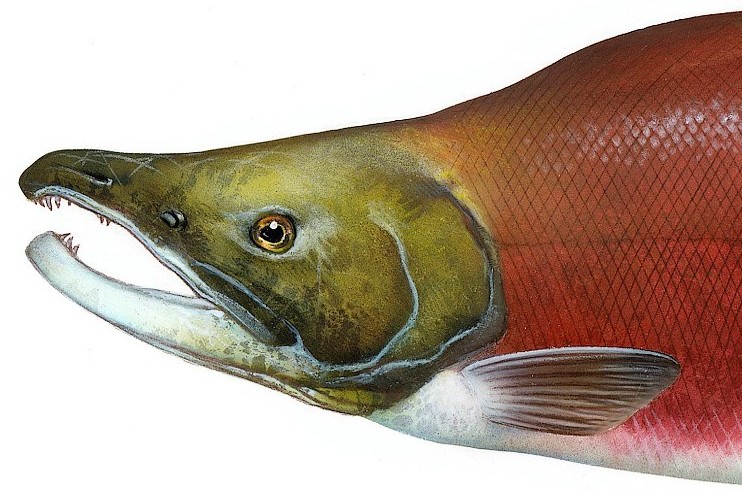Wednesday’s Republican debate had several interesting stories (I wrote about it here) but the most dramatic, and the most shocking from an historical perspective, is the decline of the candidacy of Jeb Bush. Although Bush never enjoyed the “inevitable” frontrunner status that Hillary Clinton holds over her fellow Democrats, Bush was seen as the man to beat at the start of his campaign. He had name recognition, a record of conservative governance, loads of cash, and connections to a family machine that knows how to win. But all those advantages have amounted to little as Jeb’s supporters slowly drained away over the last few months.
Plenty of pundits are calling this the end of Jeb. And for most candidates, it would be. But Jeb still has those resources to draw on, and I don’t think he’ll drop out before the Iowa caucus. Still, his position looks precarious.
This is kind of a strange thing to say. For years, we’ve been hearing about how Jeb was the smarter brother, the more reasonable, the more capable, the more electable. But those promises have all withered in the heat of a national campaign. Maybe George W. Bush was a better politician than we gave him credit for.
With voters and donors beginning to doubt him, Bush took drastic action, attacking his erstwhile protege Marco Rubio on national television. But Jeb is not meant for the heel’s turn. Everyone could tell his heart wasn’t in it, and after Rubio’s devastating response, Bush almost seemed to accept the rebuke, knowing he deserved it.
I’ve supported all of the Bushes for as long as I can remember being interested in politics. Look at this picture:
One of those young Republicans is me (the other three are all Democrats now). Even then, I wanted four more years of a Bush presidency. In 2000, I voted for George W. in the primary and the general. I did the same in 2004, and I’m glad I did. All things being equal, 2008 should have been Jeb’s time. But all things are not equal, and even had 2008 not been a disastrous year for all Republicans, the voters were not likely to elect the brother of a man who had held the White House for the past eight years, no matter how popular or unpopular he might be.
We have a love-hate relationship with dynastic politics in this country, but twelve or sixteen years straight of the same family would have been too much for most any voter to swallow. That’s a credit to America’s republican values, but it doomed the chances of an otherwise highly qualified man. 2012, too, came and went. Could Jeb have won then? Maybe. I think he would’ve done better than Mitt Romney, especially in Florida, but even that might not have been enough. Which brings us to today.
Dynastic politics make me uncomfortable, as they do for a lot of people who believe that our republic should not be ruled by a small clique of powerful families. But I have to admit, that Jeb is a Bush is one of the things I liked about him. The Bushes are smart, conservative and (most importantly), they know how to win. And no matter what you think of a primary candidate, the first question you must ask about him is “can he win?” I thought Jeb could win, because I saw his brother win.
Lots of people look on Jeb’s fall with glee, but I’m not one of them. I still think no other candidate is better equipped to do the job of President from day one. He’s smart, well-versed on the issues, and ready to hit the ground running. If Pennsylvania’s primary were today, I’d probably still vote for him. But, more and more, I think 2016 is not Jeb’s year. What’s worse, it is probably his last chance.

